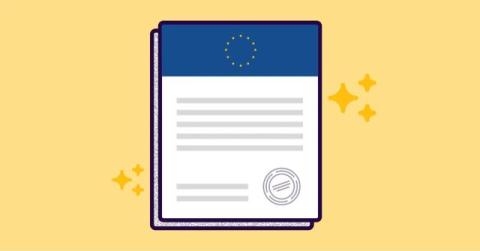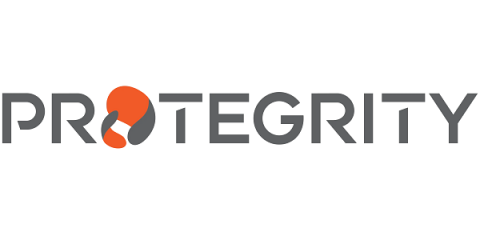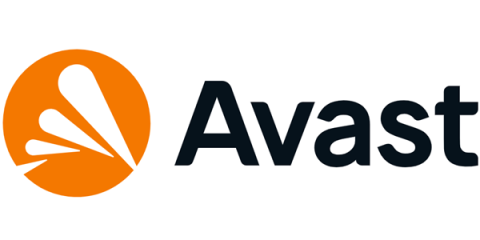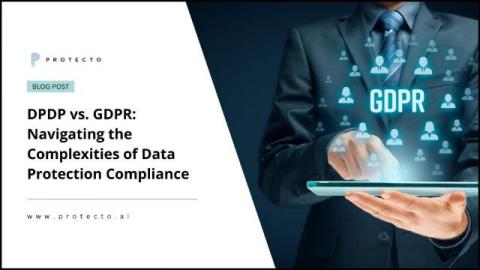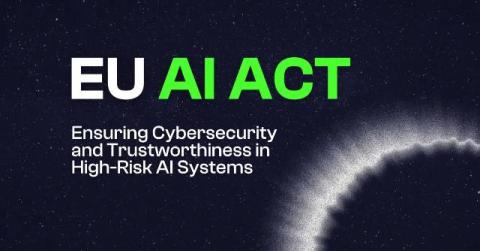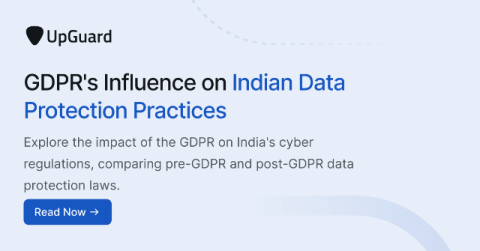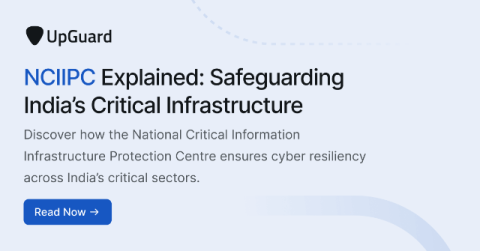The EU AI Act: A roadmap for trustworthy AI
As artificial intelligence (AI) continues to revolutionize various sectors, ensuring it is developed and deployed in alignment with ethical standards and fundamental rights is critical for businesses that use it. The European Union's Artificial Intelligence Act (AI Act), formally adopted on March 13, 2024, addresses this critical necessity by establishing a comprehensive and detailed legal framework for AI systems within the EU.


